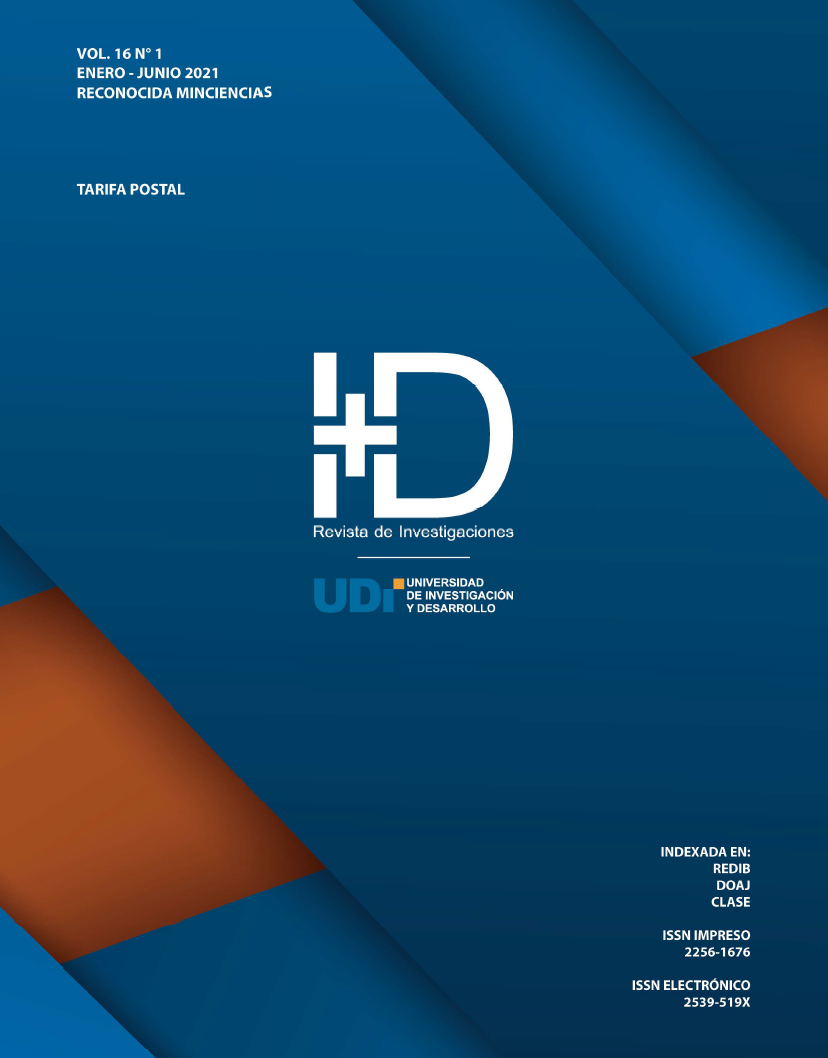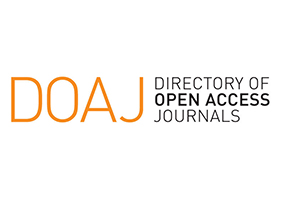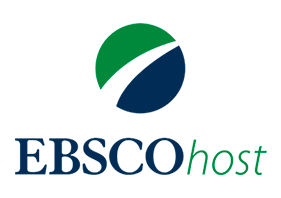La gestión del talento humano a través de un ejercicio lúdico gamificado
DOI:
https://doi.org/10.33304/revinv.v16n1-2021009Palabras clave:
Aprendizaje, gamificación, gestión del talento humano, lúdicasResumen
En la actualidad la gestión del talento humano se ha convertido en un referente importante en el éxito de las organizaciones. Numerosos estudios muestran que las compañías que realizan una adecuada gestión del desempeño de su talento humano mejoran en el compromiso de sus colaboradores. Por eso la importancia de generar escenarios que, desde el pregrado, permitan a los futuros profesionales mejorar las capacidades para gestionar el talento humano de las organizaciones. El presente artículo describe el diseño y la validación de un ejercicio lúdico relacionado con la gestión de talento humano. Para esto se usó la metodología de design thinking, por cuanto la validación se realizó con estudiantes de pregrado de una universidad de Santander. Los resultados indican un nivel alto de aceptación, con el 75 % de los participantes interesados en el área de talento humano; el 56,3 % tuvo que usar sus conocimientos previos, y al 75 % le gustaría que se realizara la lúdica como parte de sus asignaturas de pregrado.Descargas
Citas
Acosta-Medina, J. K., Torres-Barreto, M. L. y Alvarez-Melgarejo, M. (2020). Literature Mapping About Gamification in the Teaching and Learning Processes. Revista ESPACIOS, 41(11), 26. https://www.revistaespacios.com/a20v41n11/20411126.html
Acosta-Medina, Julieth K., Plata-Gómez, K. R., Puentes-Garzón, D. E. y Torres-Barreto, M. L. (2019). Influencia de los recursos y capacidades en los resultados financieros y en la competitividad empresarial: una revisión de la literatura. I+ D Revista de Investigaciones, 13(1), 125-134. https://doi.org/10.33304/revinv.v13n1-2019013
Alles, M. A. (2008). Dirección estratégica de recursos humanos. Granica S.A.
Alonso, A., García, L., León, I., García, E., Gil, B. y Ríos, L. (2012). Métodos de investigación de enfoque experimental.
Bartle, R. (1996). Hearts, Clubs, Diamonds, Spades: Players Who Suit MUDs. Journal of MUD research, 1(1), 19.
Biel, L. y García, A. M. (2016). Gamificar: El uso de los elementos del juego en la enseñanza de español. Actas del L Congreso Internacional de la AEPE, La Cultura hispánica: de sus orígenes, 73-84.
Borrás, O. (2015). Fundamentos de la gamificación. Gabinete de Tele-Educación de la Universidad Politécnica de Madrid. http://oa.upm.es/35517/1/fundamentos de la gamificacion_v1_1.pdf
Cárdenas, A. (2020). Evaluación de los factores que inciden en la preferencia del uso de la herramienta gamificada desarrollada en el proyecto DIDACTIC. Universidad Industrial de Santander.
Chiavenato, I. (2009). Gestión del Talento Humano. McGraw-Hill.
Chiavenato, I. (2017). Administración de recursos humanos. El capital humano de las organizaciones. (10.a ed.) McGraw-Hill & Interamericana. http://www.ingebook.com/ib/NPcd/IB_BooksVis?cod_primaria=1000187&codigo_libro=8104
Contreras Espinosa, R. S. y Eguia, J. L. (2016). Gamificación en aulas universitarias. InCOMUAB: Institut de la Comunicació, Universitat Autónoma de Barcelona.
Corchuelo, R. y Alejandro, C. (2018). Gamificación en educación superior: Experiencia innovadora para motivar estudiantes y dinamizar contenidos en el aula. Edutec. Revista Electrónica de Tecnología Educativa, 63, 29-41. https://doi.org/10.21556/edutec.2018.63.927
De Kok, J. y Uhlaner, L. M. (2001). Organization Context and Human Resource Management in the Small Firm. Small Business Economics, 17(4), 273-291.
Deterding, S., Khaled, R., Dixon, D. y Nacke, L. E. (2011). Gamification: Toward a Definition. Proceedings of the CHI 2011 Gamification Workshop Proceedings, 7-12.
Fuertes, M. O. y Camarero, L. A. (2002). Gestión estratégica de los recursos humanos: una síntesis teórica. Investigaciones Europeas de Dirección y Economía de la Empresa, 8(3), 59-78.
Lobo-Rueda, M. A., Paba-Medina, M. C. y Torres-Barreto, M. L. (2020). Análisis descriptivo de experiencias gamificadas para enseñanza y aprendizaje en educación superior en ingeniería. Revista ESPACIOS, 41(16), 21. https://www.revistaespacios.com/a20v41n16/20411621.html
Montes, J. y González, P. (2006). Selección de personal. La Búsqueda del Candidato Adecuado. Ideas Propias.
Murphy, M. D. (2016). Design Thinking. Island Press. https://doi.org/10.5822/978-1-61091-751-3_10
Ovallos, D., Villalobos, B., De la Hoz Escorcia, S. y Maldonado, D. (2016). Gamificación para la gestión de la innovación a nivel organizacional. Una revisión del estado del arte. Espacios, 37(8), 2.
Rodriguez, D. C. (2012). Prácticas de gestión humana en pequeñas empresas. Apuntes del Cenes, 31(54), 193-226. https://doi.org/10.19053/22565779.21
Sabino, C. (1992). El proceso de investigación. http://paginas.ufm.edu/sabino/word/proceso_investigacion.pdf
Sánchez, F. (2015). Gamificación. Education in the Knowledge Society (EKS), 16(2), 13. https://doi.org/10.14201/eks20151621315
Torres-Barreto, M., Alvarez-Melgarejo, M. y Pinto, T. Y. (2018). Laboratorio galea: un espacio en transformación e innovación para la enseñanza-aprendizaje (hal-01894004). https://hal.archives-ouvertes.fr/hal-01894004/
Torres-Barreto, M. L., Alvarez-Melgarejo, M. y Prada, V. F. (2018). Desarrollando habilidades de lecto-escritura: galea literaria (hal-01862906). https://hal.archives-ouvertes.fr/hal-01862906/
Vallejo, L. M. (2015). Gestión del talento humano. Riobamba: Escuela Superior Politécnica de Chimborazo. Instituto de Investigaciones.
Werbach, K. y Hunter, D. (2012). For the Win: How Game Thinking Can Revolutionize Your Business. Wharton Digital Press.












